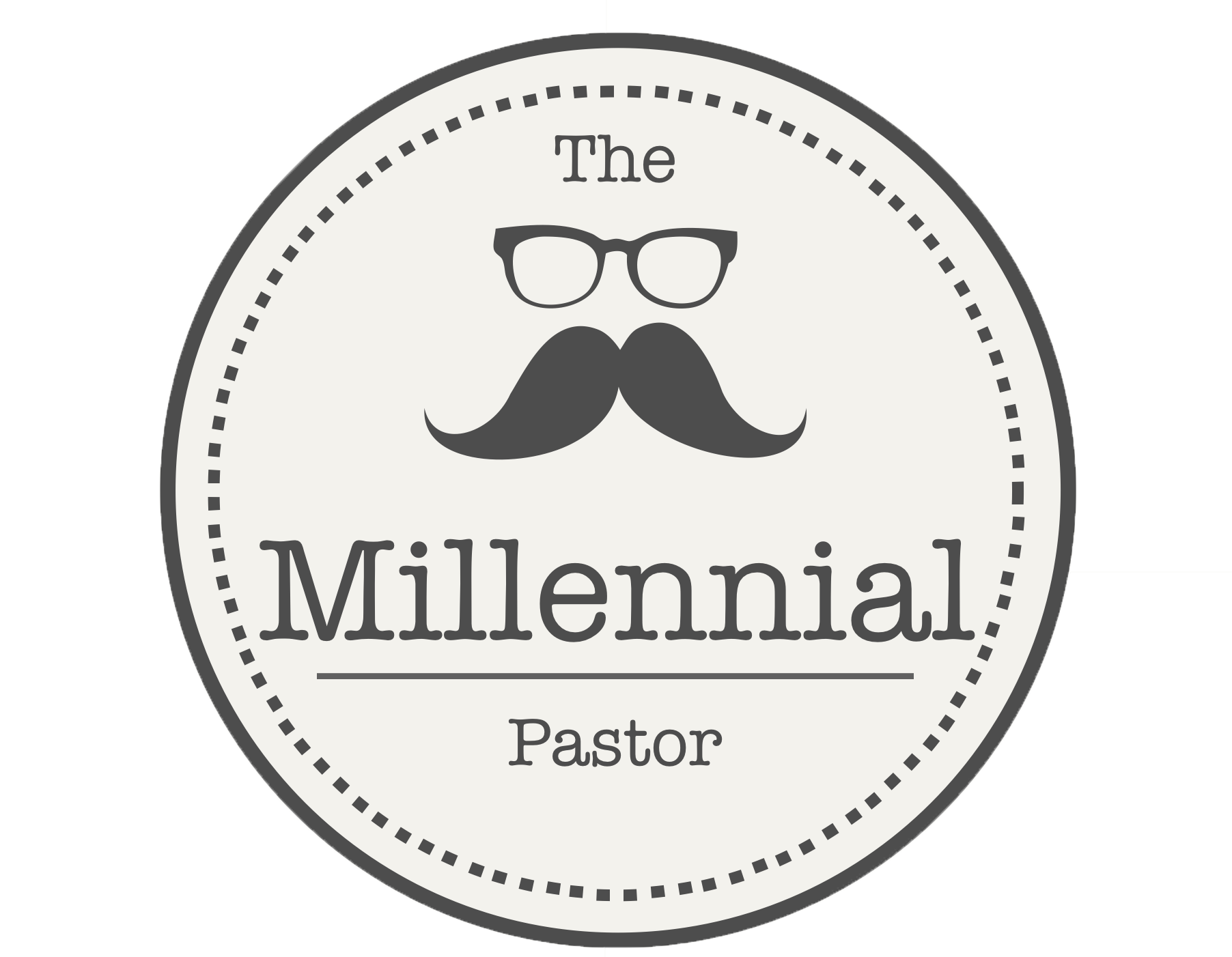“We’re a church – just not quite like you’re used to” – Sophie Callahan
While Josiah may have dubbed me the “Queen of Avocados” I’m not sure I eat more avocados than a typical Californian. However, I’m sure I fit a handful of millennial stereotypes while simultaneously breaking the norms. I do hope that I embody the stereotype of millennial idealism – but backed up with action.
I currently pastor a faith community called The Possibility Project. We’re a church – just not quite like you’re used to. We think all of life can be worshipful and we want to help the Church receive the gifts of young people. Backstory, my co-pastor Jeff Purganan came to pastor a dying church in the Silicon Valley and shepherd the faithful community into a new season. Upon selling the old church building, the church re-launched as a discipleship community for young adults. Residential members commit to a
One gift of our communal living is the way it calls us out of our individualism and typical consumer habits. Submitting to a shared life means that my desires and patterns cannot be as important as
It grieves me that the church reflects many of our culture’s worst habits, including poor treatment of workers and the environment,
I’m passionate about rethinking consumerism from a Christian narrative. I appreciate Laura Hartford’s work in The Christian Consumer, where she outlines four elements to a Christian ethic of consumption: avoid sin, embrace creation, love one’s neighbor, and envision the future.
It’s tempting to fall into a mindset that resetting all our consumer habits is painful and impossible. I would rather emphasize progress over perfection, as I’ve found that small changes encourage us to continue on the journey.
For example, for Lent last year I gave up waste. I posted regularly about my experience on social media (see, I am a millennial!). I shared the good and the bad, the progress I was making and the items I struggled to acquire without packaging. This experience was a prayer practice for
This is hard work, but good work. When we consider all of life as worship (including our consumer habits), we are invited into a much broader and richer experience of the gospel than merely personal salvation. As I continue in this ministry work, I am grateful for partners like Just Threads, The Millennial Pastor, and the Center for Pastoral Leadership’s Mentoring for Ministry program. The work of addressing communal sin and brokenness requires the imagination and support of a faith community. I’ve often felt alone as I pursue my ministry passions, but finding a cohort like the CPL’s Mentoring for Ministry program connects me to people like Josiah and other guests on this blog/podcast – reminding all of us that we don’t minister in isolation. Our work, our ministry, and our participation in the Kingdom is all connected. Together, we get to participate in God’s work of redeeming relationships between Godself, ourselves, others, and creation.
Sophie Callahan is part of the Mentoring for Ministry Cohort which was created by our Denominations Seminary.
Perhaps you have heard it by listening to our podcast, or maybe you have read some of the stories shared on this blog. We are proud to say that our denomination, the Church of the Nazarene is investing in pastors like us. They are spending time, energy and money on assuring we are equipped to not only lead the church of today, but also the church of tomorrow. You can help too! Share our stories, and celebrate with us, or even consider donating to the Mentoring for Ministry initiative by clicking the Nazarene Theological Seminary logo. Invest in the future of the church and help its leaders get the training and mentoring they need to take on the task at hand!









